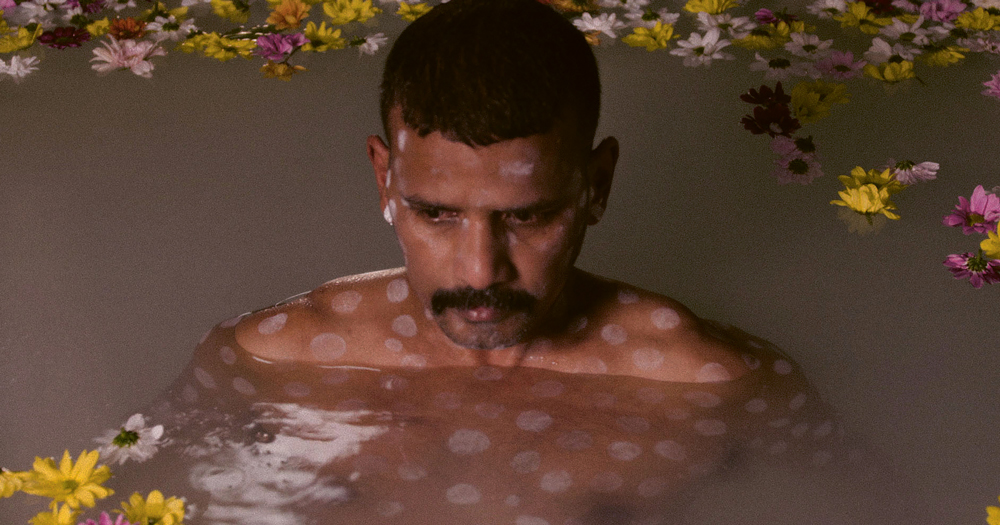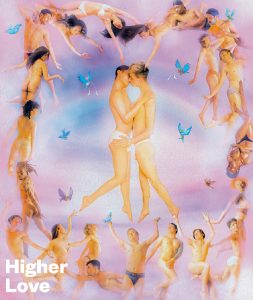“They say, ‘Beauty is in the eye of the beholder’ but having been exposed to the Dublin gay dating scene for over eight years, I could change it to ‘Beauty is in the eye of the people of a majoritarian ethnic group’,” shares Pradeep Mahadeshwar.
This majority decides who is worth casual eye contact, a simple hello, a friendship, a relationship or sex – in short, they determine who is attractive enough to welcome to the party. I came to this conclusion with a combination of my own experiences and talking with many other gays and lesbians of Asian origin living here.
Recently I took part in a panel discussion about sexual racism. One of the speakers was someone I admire who was talking about a podcast project. He mentioned interviewing “beautiful”, “hot guys”, “someone with flowing red hair”, and “someone you could take home to meet your mum” for their podcast. He said it in a fun way, but I just went blank – as an Asian gay person based in Dublin, my thought was – I don’t fit any of these bills he mentioned.
There are many many other Asian gay men living in Ireland who have been made feel that they are not good enough, not hot enough, not beautiful enough to participate in the queer social scene and intimate interactions. They are not the ones you could take home to meet your mum. You won’t often see Indian, Pakistani or South Asian men as friends, boyfriends, husbands or hookups.
It made me feel that there was no hope for men like me, and that dating and sex are a privilege for certain people, that there is little or no space for queer Asian-ness. The predetermined notions of attractiveness and beauty force Asian QPOC into the trauma of loneliness 24 x 365.
In my experience, people travel thousands of miles away from the countries where the patriarchy oppresses their sexuality; they leave family and home comforts to study or work in socially progressive nations like Ireland, where marriage equality has been won. They dream to live their authentic self, but when they arrive here, they witness no place for them in the queer culture, and everything comes down to skin colour, physical attributes, fetishes and racial stereotypes.
One thing needs to be noted here: migrating to the Western World from most Asian countries is more complicated than other countries. Based on postcolonial guidelines of a “good citizen”, the process is emotionally and physically draining. Against that backdrop, the racism towards immigrants on the gay scene makes me question what sense and sensitivity we have developed over the years as a community. And can anyone expect change?
I have witnessed that the community has a passion for addressing sensitive issues like mental health, homophobia, Transphobia, HIV stigma, Direct Provision and Black Lives Matter. Still, they never openly discuss the internalised sexual racism faced by QPOC. It might be because, unlike other issues, sexual racism doesn’t have a definite form – it is present, but you can’t see or feel it unless you are the victim of it.
The astonishing thing here is that sexual racism benefits one group of people; they get a privilege to choose whom to include in the circle as friends, hot dates or respected relationships, and whom to keep outside. Consequently, you can see the intersectionality – the way immigrant Asian LGBTQ+ people are framed differs from other immigrant LGBTQ+ people.
This Pride is crucial for us for many reasons. One of the apparent reasons is it’s the second Pride during the pandemic; the queer immigrant community has witnessed the colossal loss of safe social spaces and support system.
Pride is a protest, and for many of us in the community, every day feels like a protest. For me, the Pride at the Dublin gay scene would be every LGBTQ+ person of colour feeling comfortable in their skin.
The image of Pradeep featured in this story is from a collaboration with Noel Donnellon and Luke Faulkner as part of the art project ‘Shame/Less’ – an experiment in community engagement created during conditions of lockdown.
© 2021 GCN (Gay Community News). All rights reserved.
This article was published in the print edition Issue No. 367 (July 1, 2021). Click here to read it now.
Support GCN
GCN is a free, vital resource for Ireland’s LGBTQ+ community since 1988.
GCN is a trading name of National LGBT Federation CLG, a registered charity - Charity Number: 20034580.
GCN relies on the generous support of the community and allies to sustain the crucial work that we do. Producing GCN is costly, and, in an industry which has been hugely impacted by rising costs, we need your support to help sustain and grow this vital resource.
Supporting GCN for as little as €1.99 per month will help us continue our work as Ireland’s free, independent LGBTQ+ media.

